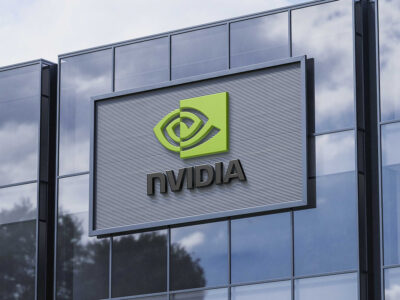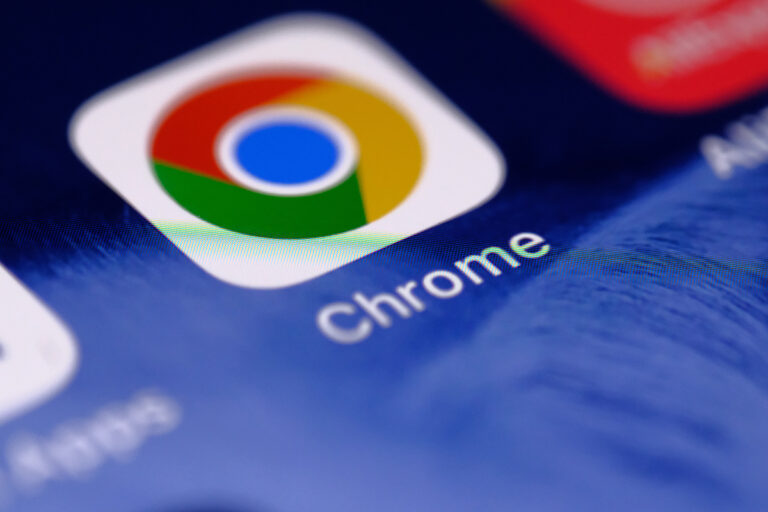In an audacious bid, artificial intelligence startup Perplexity AI, which is currently valued at US$18 billion, has made an unsolicited offer of US$34.5 billion for Google’s Chrome browser.
The Wall Street Journal exclusively reported the story on Tuesday, with the company saying that several of its investors, including large venture-capital funds, has agreed to back the transaction in full.
Google did not immediately respond to requests for comment from several media outlets.
AI startup bids to buy Chrome
The offer comes at a time when an antitrust decision is set to be announced against Google’s parent company, Alphabet. US District Court Judge Amit Mehta could issue a ruling as early as this week that would force Google to sell its web browser as a way of reducing the company’s monopoly in the internet search market.
The Perplexity chief executive, Aravind Srinivas, in a letter to Sundar Pichai, chief executive of Google’s parent company, Alphabet, said that its offer to buy the Chrome browser was “designed to satisfy an antitrust remedy in highest public interest by placing Chrome with a capable, independent operator.”
WSJ reported that Perplexity offered to Pichai that “it would maintain and support Chromium, the open-source project that supports Chrome and other browsers. It also said that it would continue placing Google as the default search engine within Chrome, though users could change settings”.
Perplexity, which was an acquisition target of Meta earlier this year, is known for its AI-powered search engine that gives users simple answers to questions and links to the original source material on the web. Last month, it launched its own AI-powered browser called Comet.
Chrome, which was launched by Google in 2008, has nearly 3.5 billion users worldwide and accounts for more than 60 per cent of the global browser market.
The Justice Department brought the case against Google in 2020. It has pushed for the federal court to force Google to sell Chrome browser in a series of remedy proposals after prevailing in its antitrust case against the search giant. The department has argued that forcing Google to divest Chrome and share search results and ads with rivals would create more competition.
In testimony earlier this year, Pichai told the judge that forcing the company to sell it or share data with rivals would harm Google’s business, deter it from investing in new technology and potentially create security risks.







